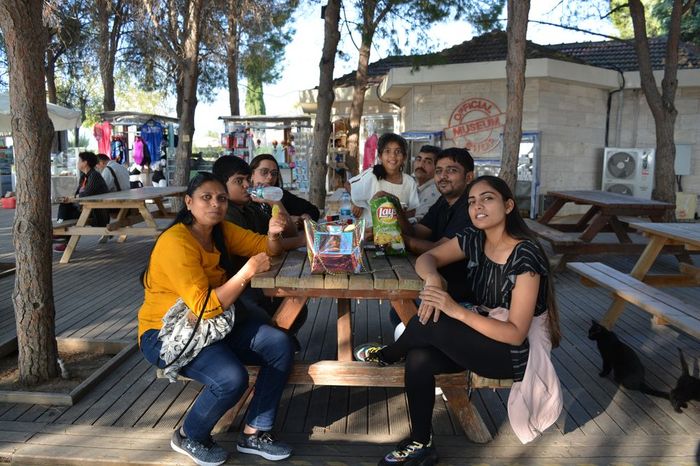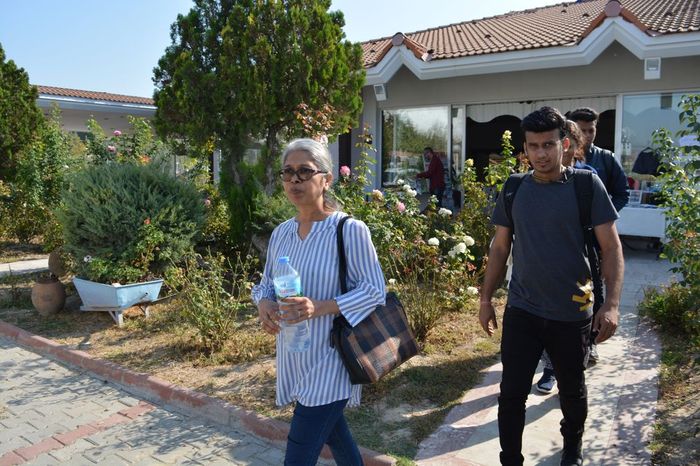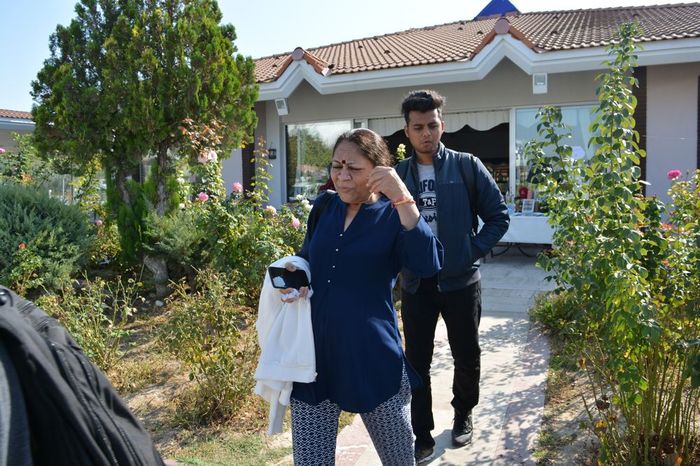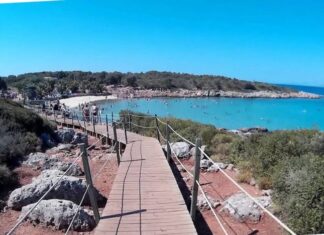Alexius Part 23
Since the aforesaid Gulielmus Mascabeles far surpassed him in wealth and influence, Robert renounced all idea of meeting him openly in battle, and concocted...
Alexius Part 22
So from tip to toe this man was well-proportioned, as I have repeatedly heard many say. Now, Homer says of Achilles that when he...
Alexius Part 21
The Roman Empire really brought this formidable foe upon herself by affording a pretext for all the wars he waged against us in proposing...
Alexius Part 20
Basilacius, however, was inflexible, but the Thessalonians, through fear of their city being taken and destroyed, granted Comnenus ingress. But Basilacius, when he saw...
Alexius Part 19
Such then were the deeds of the Domestic and a few followers during that night. As soon as dawn smiled upon the earth, and...
Alexius Part 18
But after all it was not Basilacius himself, but a very brave man of his suite who was not a tittle inferior in courage...
Alexius Part 17
But as the man he expected to find was nowhere to be seen, and no soldier or officer turned up anywhere, only a few...
Alexius Part 16
What happens in every large river is this; when a considerable embankment has been raised by the deposit they bring down, then they flow...
Alexius Part 15
He also brought an order from the Emperor to my father to proceed against Basilacius, who in his turn had now assumed the diadem,...
Alexius Part 14
But Bryennius, in fear of his life resembled a maniac, and was by no means in need of rest, for how should a man...














